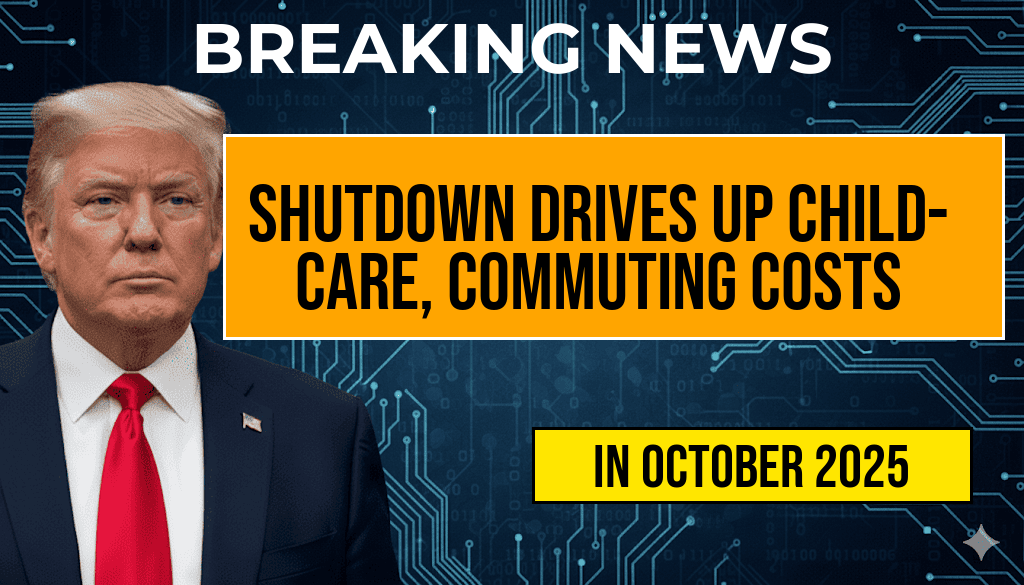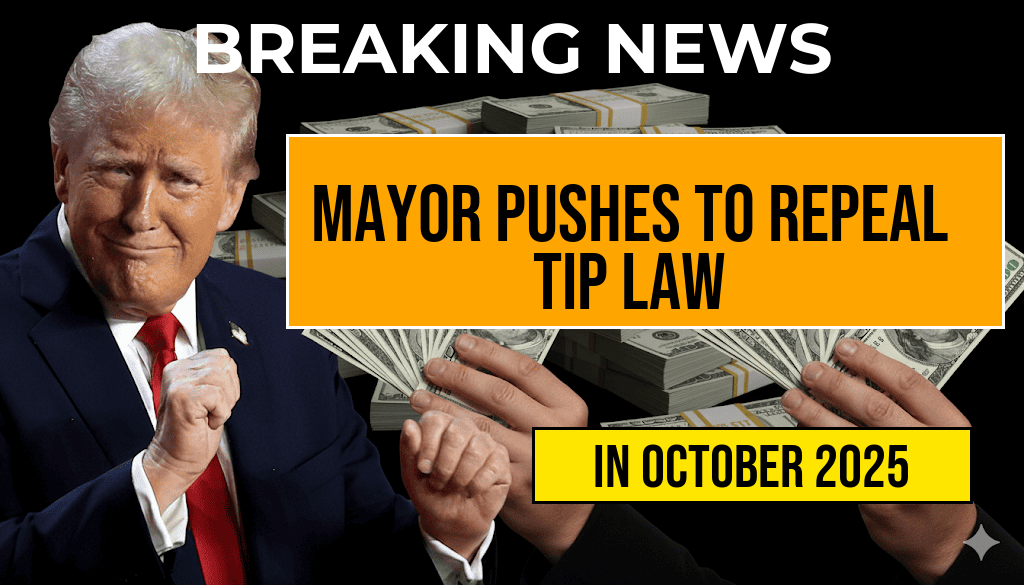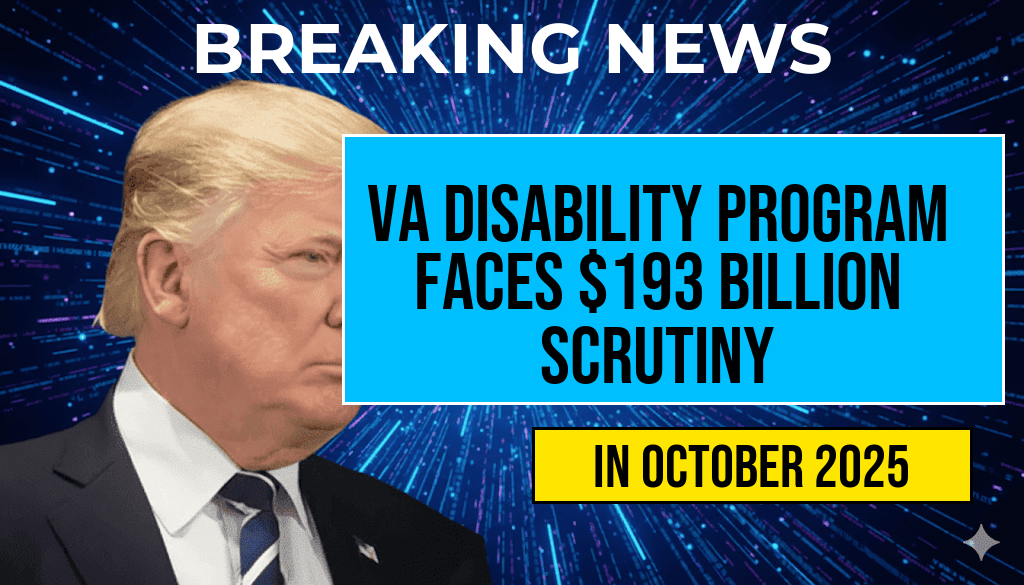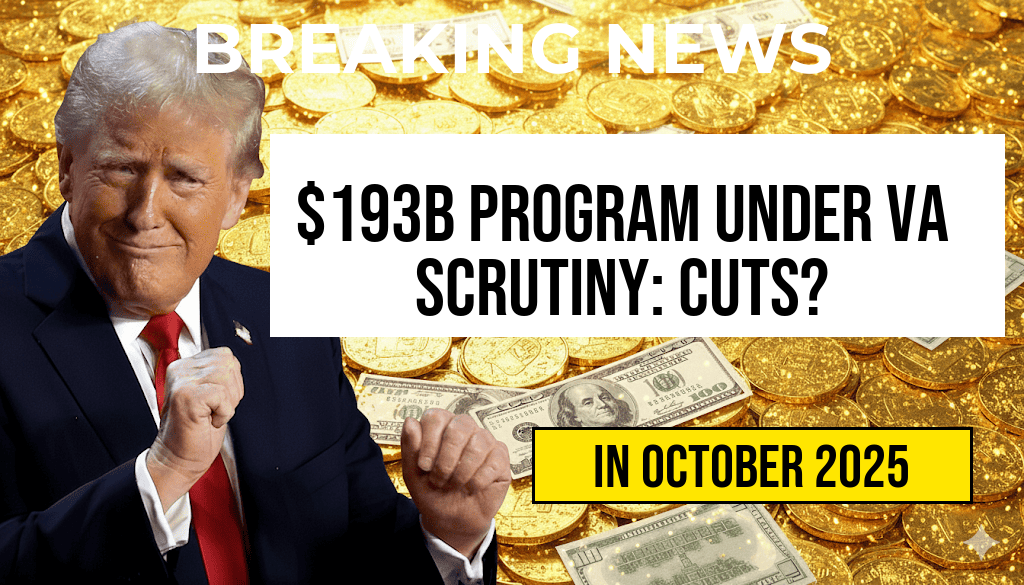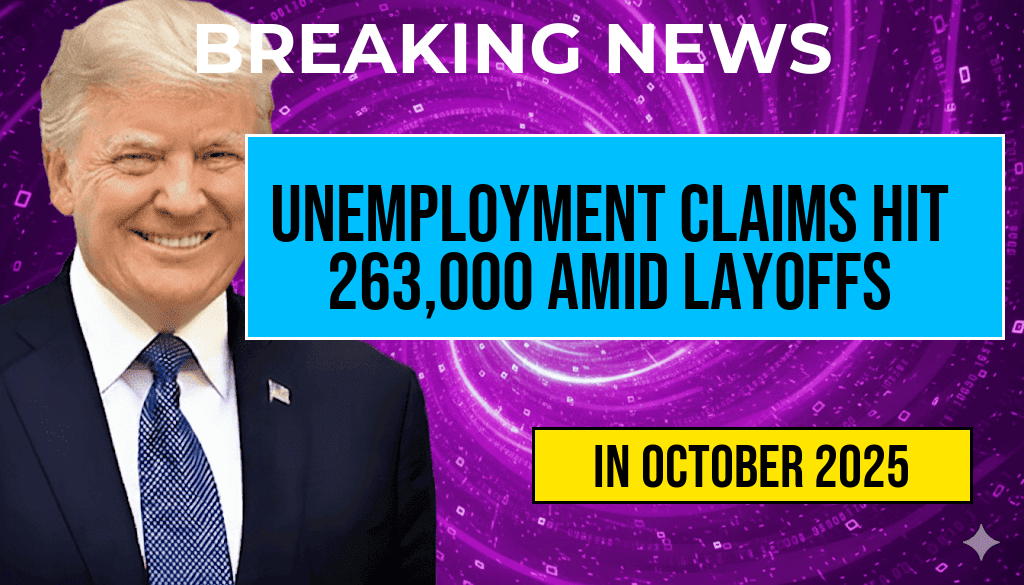In a bold move to tackle a looming $1 billion budget shortfall, Mayor Jane Doe has put forth a proposal to repeal the city’s long-standing tip law. This law, which has governed tipping practices in the hospitality industry for decades, allows employers to count tips towards minimum wage obligations. The Mayor argues that repealing this law could lead to a more equitable wage structure for workers while simultaneously generating additional revenue for city services. As the city’s financial landscape continues to shift, officials are exploring various avenues to balance the budget, with the proposed repeal becoming a focal point in the ongoing budget discussions.
Understanding the Proposed Changes
The current tip law has been a contentious issue in the city, often pitting restaurant owners against workers advocating for fair wages. The Mayor’s proposal aims to eliminate the practice of tip credit, meaning that employers would be required to pay their employees the full minimum wage without offsetting it with tips. This change is expected to increase wages for many workers in the hospitality sector, who often rely on tips for their income.
Potential Benefits of Repealing the Tip Law
- Increased Wages: Workers in the service industry would benefit from guaranteed minimum wages, reducing income variability.
- Improved Worker Morale: A stable income may enhance job satisfaction, leading to higher retention rates.
- Revenue Generation: With higher wages, workers could contribute more in taxes, potentially alleviating the budget shortfall.
Concerns from the Hospitality Sector
However, the proposal has met with resistance from various stakeholders within the hospitality industry. Many restaurant owners argue that the repeal could lead to increased operational costs, which they may not be able to absorb. They fear that higher wages could result in higher menu prices, potentially driving customers away. Moreover, some business owners worry that the elimination of tip credits might dampen the incentive for employees to provide exceptional service, as tips often motivate staff to go above and beyond.
Economic Implications
The economic implications of repealing the tip law are complex. Advocates for the change claim that a more stable income for workers could stimulate local economies as consumers spend more. Conversely, critics highlight that raising wages without a corresponding increase in sales could strain small businesses, leading to possible closures and job losses. The Mayor’s office has indicated that it will work closely with economic experts to assess the long-term impacts of such a significant policy change.
The Broader Context of the Budget Shortfall
The proposed repeal comes amidst a broader financial crisis facing the city. A combination of factors, including decreased tax revenues from tourism and the lingering effects of the COVID-19 pandemic, has contributed to the projected $1 billion budget shortfall. City officials have been tasked with finding creative solutions to maintain essential services like public safety, education, and infrastructure maintenance.
| Category | Projected Shortfall ($) |
|---|---|
| Tourism Revenue Loss | 300 million |
| Sales Tax Decrease | 400 million |
| Increased Public Health Expenses | 300 million |
| Total | 1 billion |
Public Response and Next Steps
The public reaction to the Mayor’s proposal has been mixed. Supporters believe that the change is a necessary step towards ensuring fair wages for low-income workers, while opponents express concerns about its potential economic fallout. Community forums are scheduled for the coming weeks to gather public input and further discuss the implications of repealing the tip law.
As the city grapples with its financial challenges, the debate over the tip law is emblematic of the broader discussions about wage equity and business sustainability. The Mayor has emphasized that any legislative changes will be approached with caution, ensuring that both workers and businesses are considered in the final decision-making process.
For more information on the budget shortfall and related issues, visit Forbes or Wikipedia.
Frequently Asked Questions
What is the main issue the Mayor is addressing?
The Mayor is advocating for the repeal of the tip law in order to address a significant $1 billion budget shortfall faced by the city.
How does the tip law affect the city’s budget?
The tip law impacts the city’s budget by limiting revenue from certain sectors, which contributes to the overall budget shortfall that the Mayor is seeking to resolve.
What are the potential benefits of repealing the tip law?
Repealing the tip law could lead to increased revenue for the city, helping to alleviate the budget shortfall and fund essential services and programs.
What are the arguments against repealing the tip law?
Opponents of repealing the tip law argue that it could negatively impact workers in the service industry who rely on tips for their income, potentially leading to financial instability for them.
What steps are being taken to address the budget shortfall?
In addition to advocating for the repeal of the tip law, the Mayor is exploring various strategies and potential reforms to generate more revenue and manage the $1 billion budget shortfall.




